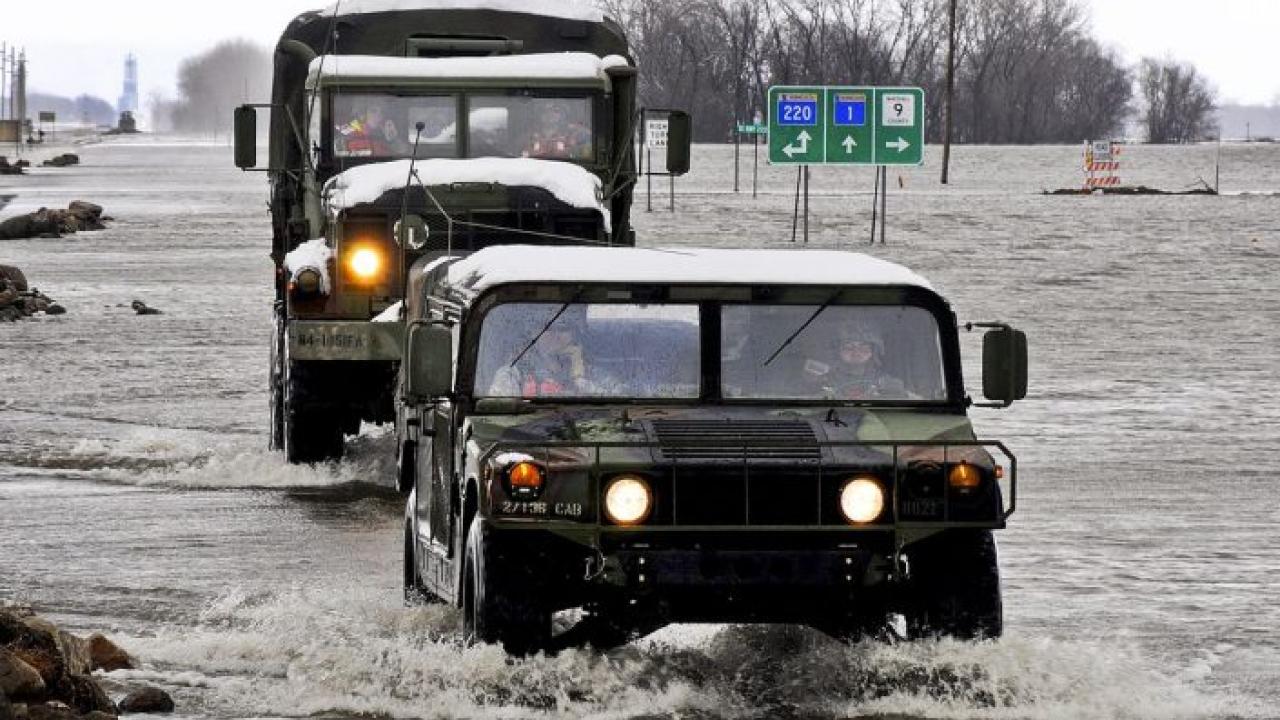A new UCLA study published in Nature Communications made a significant, historical breakthrough. Researchers were able to definitively link global increases in extreme rain and snow events to human-induced climate change through the use of machine learning.
The study, led by Gavin Madakumbura, UCLA Atmospheric and Ocean Sciences and UCLA Institute of the Environment and Sustainability, is particularly notable because this is the first time scientists have been able to link human activity to extreme precipitation on a global scale. This connection was found in all 11 global datasets of land precipitation records spanning the years 1982 to 2015. In order to successfully draw these conclusions, real-world observation data was analyzed using machine learning, a method in which the computer can produce conclusions without being explicitly programmed. This allowed researchers to better handle uncertainty and regional differences in the definition of “extreme.”
While climate change is usually associated with increased heat waves and drought, a warmer atmosphere can hold more moisture and lead to more dramatic wet seasons. This increase in precipitation can lead to problems such as floods, soil erosion, crop damage, and difficulty managing water resources.
Learn more about the study and its conclusions at UCLA Newsroom.
Study Authors
Gavin Madakumbura, UCLA Department of Atmospheric and Oceanic Sciences; UCLA Institute of the Environment and Sustainability
Chad Thackeray, UCLA Department of Atmospheric and Oceanic Sciences; UCLA Center for Climate Science; UCLA Institute of the Environment and Sustainability
Jesse Norris, UCLA Department of Atmospheric and Oceanic Sciences; UCLA Center for Climate Science; UCLA Institute of the Environment and Sustainability
Naomi Goldenson, UCLA Department of Atmospheric and Oceanic Sciences; UCLA Center for Climate Science; UCLA Institute of the Environment and Sustainability
Alex Hall, UCLA Department of Atmospheric and Oceanic Sciences; UCLA Center for Climate Science; UCLA Institute of the Environment and Sustainability





